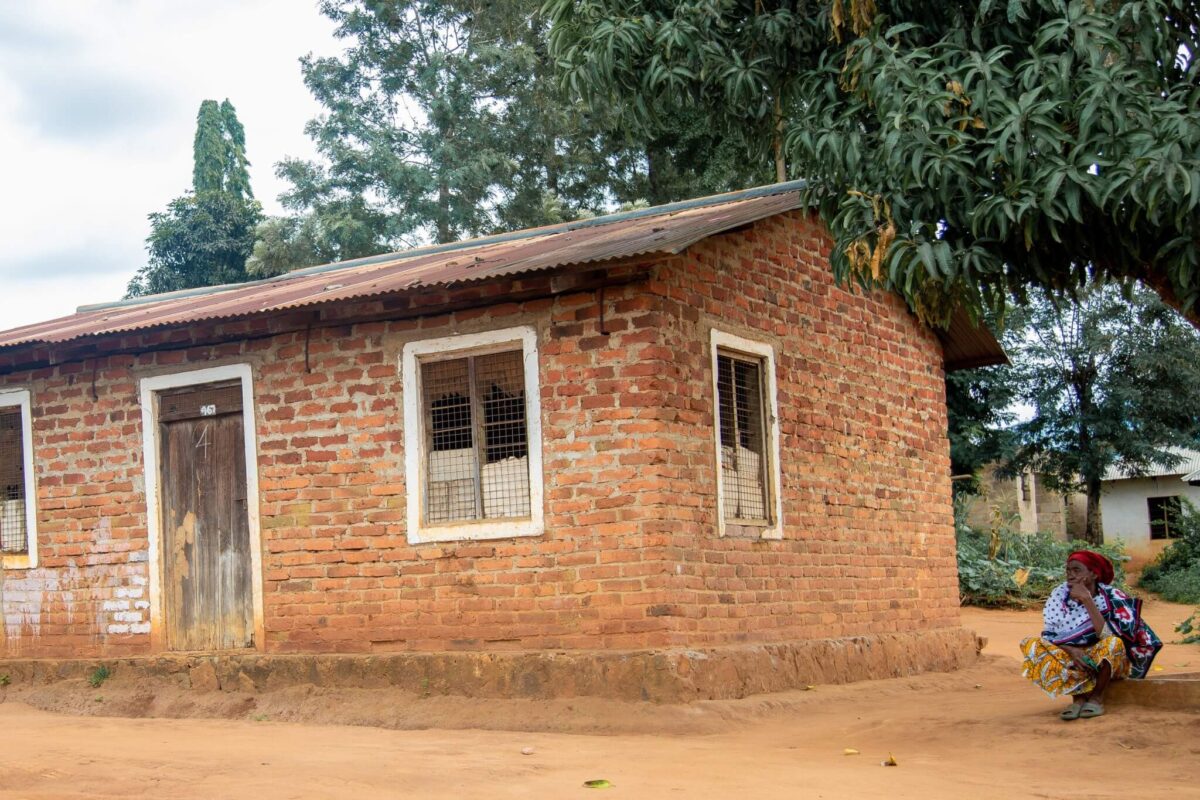Transforming lives through affordable housing – the impact of Habitat for Humanity Tanzania on teachers in Chamazi, Dar es Salaam.
In 2001, Majimatitu Primary School in Chamazi, Dar es Salaam, stood as a remote outpost, struggling to attract teachers forced […]


